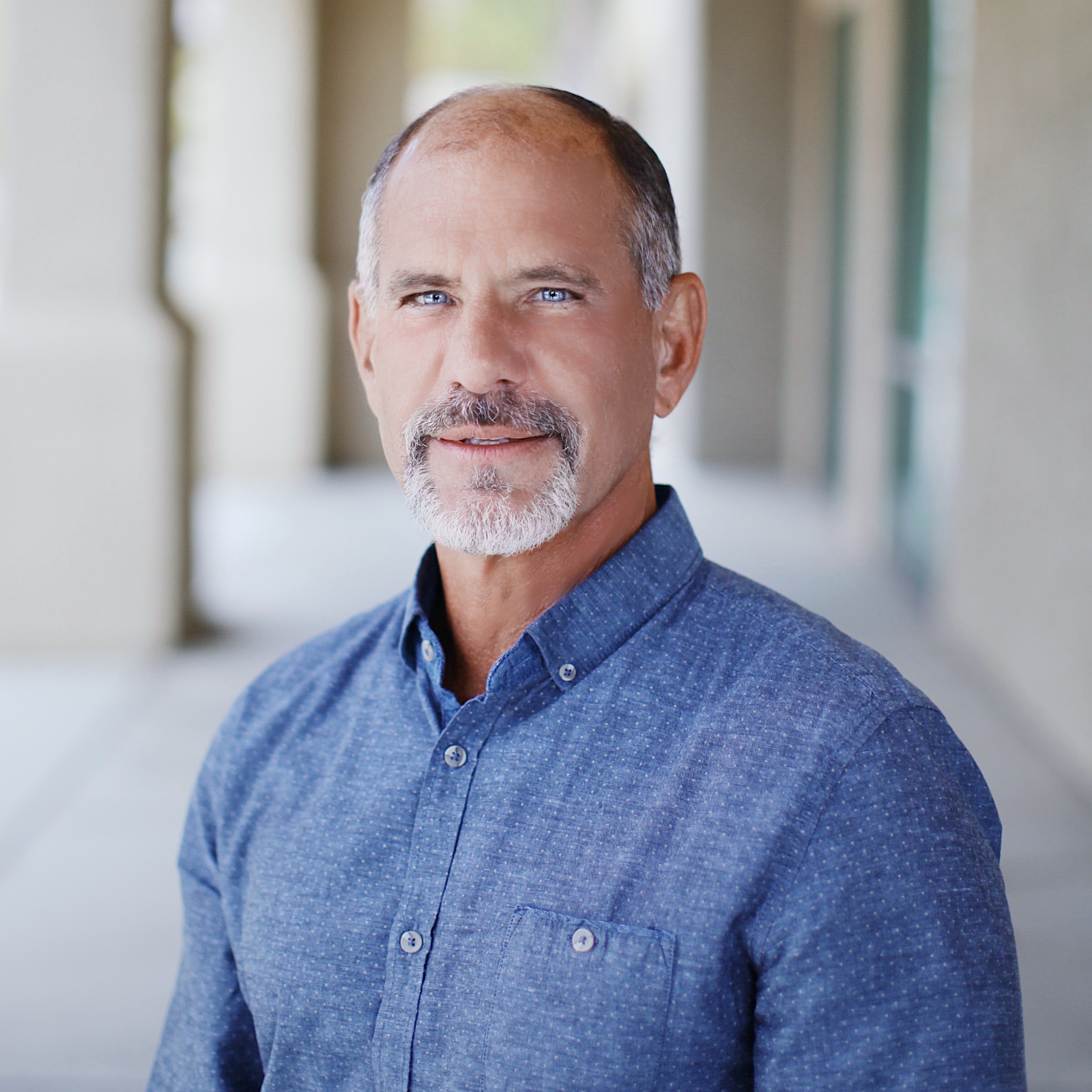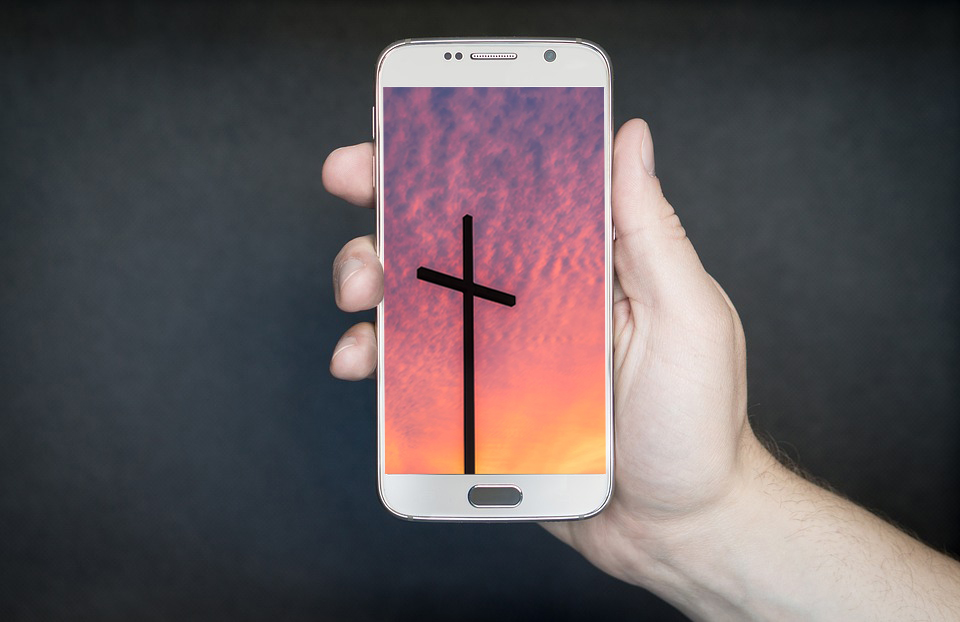“Be still, and know that I am God” – Psalm 46:10
When the psalmist wrote “be still,” he probably wasn’t thinking about the challenge of putting down a smartphone that’s buzzing with notifications from seventeen different apps. David had to deal with lions and bears and the occasional giant, but at least his sheep didn’t send him push notifications every time they moved to a new pasture. Yet here we are in the 21st century, trying to “be still and know that I am God” while our phones are practically vibrating off the nightstand with urgent updates about what our high school acquaintances had for breakfast.
The irony is delicious: we carry around devices that can access the entire Bible in 147 different translations, complete with commentaries, cross-references, and devotional apps, yet somehow we still find ourselves more familiar with our Instagram algorithm than with the Sermon on the Mount. But what if our daily devotional practice could be the antidote to social media’s spiritual junk food? What if spending time with the Creator could actually rewire our brains away from the endless scroll and toward something infinitely more satisfying?
Trading Comparison for Contemplation
Social media thrives on comparison—everyone else’s highlight reel versus your behind-the-scenes footage. But daily devotions remind us of a fundamental truth that no amount of perfectly filtered selfies can shake: you are fearfully and wonderfully made by the God of the universe, and His opinion is the only one that ultimately matters.
When you start your day reading that you are “chosen, beloved, set apart” rather than scrolling through posts that make you feel like you’re falling behind in the imaginary life competition, something shifts. Instead of measuring yourself against the impossible standards of curated online personas, you begin to see yourself through God’s eyes. And let me tell you, God’s Instagram filter is way better than Valencia—it’s called grace, and it makes everyone look like a masterpiece.
The Psalms are particularly therapeutic for this. David spent a lot of time complaining to God about his enemies, feeling overlooked, and generally having a rough time. Reading his honest, unfiltered prayers is like discovering that even the man after God’s own heart had days when he felt like everyone else was doing better than him. The difference is that David took his insecurities to God instead of posting passive-aggressive status updates about them.
Creating Sacred Silence in a Noisy World
One of social media’s most insidious effects is that it eliminates silence. There’s always something to scroll through, always another video to watch, always another comment thread to fall down. We’ve become afraid of quiet moments, immediately reaching for our phones whenever we have a few seconds of potential boredom.
Daily devotions deliberately create space for silence, for listening, for the kind of deep breathing that doesn’t involve hyperventilating over someone’s political post. When Jesus said, “Come to me, all you who are weary and burdened,” He wasn’t extending an invitation to join His social network—He was offering rest for souls exhausted by the constant noise of life.
Prayer, real prayer, is the antithesis of social media. Instead of broadcasting your thoughts to hundreds of followers, you’re having an intimate conversation with the One who already knows your thoughts before you think them. Instead of hoping for likes and comments, you’re connecting with the God who loved you before you did anything likeable. It’s like switching from a crowded, noisy restaurant to a quiet dinner with your best friend—suddenly you can actually hear yourself think.
Truth versus Trending
Social media has made everyone an expert on everything. Your neighbor’s opinion on foreign policy carries the same visual weight as a seasoned diplomat’s analysis. The algorithm doesn’t distinguish between wisdom and noise—it just amplifies whatever gets the most engagement, which is usually the most outrageous, not the most accurate.
Daily Scripture reading is like having a fact-checker for your soul. When you’re regularly immersed in timeless truth, you develop a better filter for the endless stream of information competing for your attention. The Bible has been stress-tested by thousands of years of human experience, unlike that inspirational quote that’s been attributed to everyone from Gandhi to Einstein but was actually written by someone named Kevin on Twitter.
Scripture also provides the kind of perspective that social media actively destroys. When you’re worried about your career, you read about God clothing the lilies of the field. When you’re anxious about the future, you remember that God’s plans are good and His timing is perfect. When you’re angry about injustice, you’re reminded that vengeance belongs to the Lord, and He’s much better at it than you are.
Community versus Connections
Social media promises connection but often delivers isolation. You can have 500 friends online and still feel completely alone. The problem is that digital relationships, no matter how meaningful they might be, can’t replace the kind of deep, authentic community that our souls crave.
Daily devotions, especially when combined with real-world Christian community, create a different kind of connection. When you’re grounded in your identity as a child of God, you’re free to engage with others from a place of security rather than need. You don’t have to perform or pretend or carefully curate your image because you know who you are and Whose you are.
Many Christians find that their devotional time naturally leads to deeper relationships with other believers. When you’re regularly asking God to work in your heart, you become the kind of person others actually want to be around—not because you’re posting inspirational quotes, but because you’re becoming more like Jesus.
Gratitude versus Content
Social media is designed to make you want more—more likes, more followers, more of whatever everyone else seems to have. It’s a carefully engineered dissatisfaction machine. Daily devotions, particularly those that include gratitude practices, work in the opposite direction.
When you start your day by acknowledging God’s goodness, by literally counting your blessings, you’re training your brain to notice abundance rather than scarcity. Instead of focusing on what you lack, you’re celebrating what you have. Instead of coveting your neighbor’s vacation photos, you’re thankful for your own life, however ordinary it might seem.
The Psalms are full of this kind of gratitude practice. David regularly reminds himself (and us) of God’s faithfulness, His provision, His protection. It’s like he’s creating a gratitude journal in real-time, and it transforms his perspective from complaint to praise.
The Ultimate Status Update
Here’s the beautiful thing about daily devotions: they remind you that your status with God isn’t based on your performance, your popularity, or your ability to create engaging content. Your status is “beloved child,” and that’s not changing based on whether your last post got enough likes.
When you know who you are in Christ, social media becomes a tool you can use rather than a master you serve. You can post that sunset photo because it brings you joy, not because you need validation. You can share encouragement with friends because you want to bless them, not because you’re trying to build your personal brand.
In a world obsessed with going viral, daily devotions remind us that the most important audience is an audience of One. And the good news is, He’s not just watching—He’s actively working to transform you into the person He created you to be, one quiet morning at a time.
So tomorrow, before you check your phone, try checking in with God first. Your soul will thank you, and you might just discover that the peace of God is far more satisfying than any notification could ever be.

Lance is the founding and lead pastor of Calvary Chapel Oxnard where he has served since 1982. Lance & David Guzik co-pastored the church for six years before David planted a church in a nearby community.
Lance & his wife Lynn were married in 1980 and have three adult children and five grandchildren. Lance loves teaching the Bible, History, and Leadership. He holds Masters-of-Arts in Biblical Studies and Ministry.
Lance serves as a chaplain for both the Oxnard and Port Hueneme Police Departments and enjoys backpacking, wood-working, working out, gardening, home improvement projects, reading, and graphic design.
The popular Communio Sanctorum: History of the Christian Church podcast can be found in both audio and video at the Into His Image website along with a growing inventory of Lances teaching.




